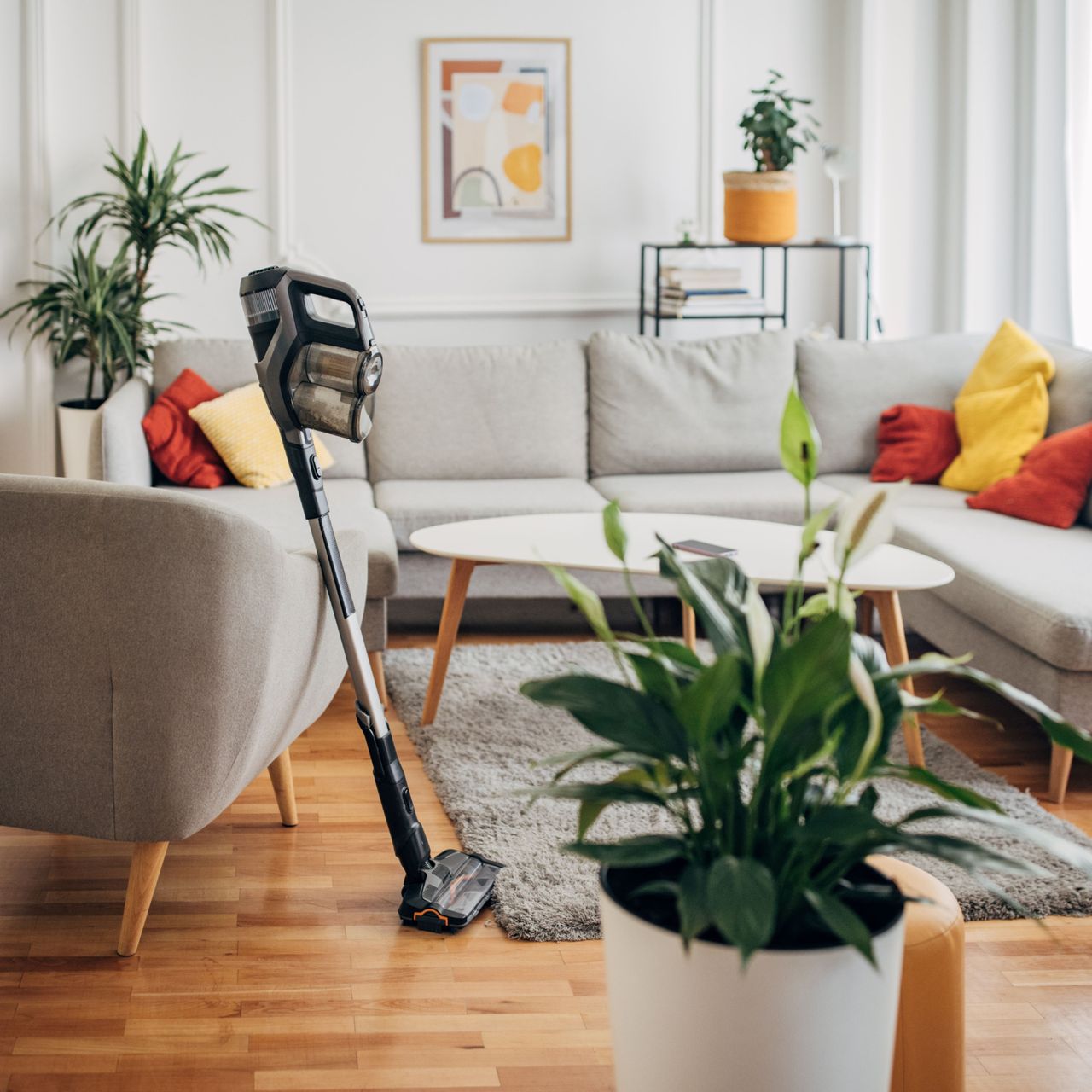
No home would be complete without a good vacuum cleaner, but using this household essential every week without fail can inevitably take its toll on the appliance. And if you’re worried your beloved vacuum may be on the out, you may be wondering how long a vacuum cleaner should actually last.
After all, we all want to get the most out of our appliance - especially as the best vacuum cleaners aren’t cheap. But while paying for a premium product can often pay off as a long-term investment, it’s also a good idea to look out for the signs it’s time to replace your vacuum, as they may come sooner than you’d think.
Generally, most vacuum cleaners should last for an average amount of time across the board, but it’s important to note that certain extenuating circumstances can affect that longevity. So, that’s why I asked experts how long a vacuum cleaner should actually last, and what to avoid if you want to extend the lifespan of it.
What is the average lifespan of a vacuum cleaner?
So, how long can you expect a vacuum cleaner to last? Sophie Lane, product training manager at Miele GB, explains, 'The lifespan of a vacuum cleaner depends on its type and how frequently it's used, but most vacuums should last at least 10 years.’
However, this of course will depend on many things. 'Factors that influence their longevity include frequency of use—heavier usage can wear out components more quickly—and maintenance, such as regularly changing filters, cleaning brushes, and emptying bags or canisters. Additionally, the quality of the vacuum plays a significant role; higher-quality models, tend to last longer than budget alternatives,' continues Sophie.
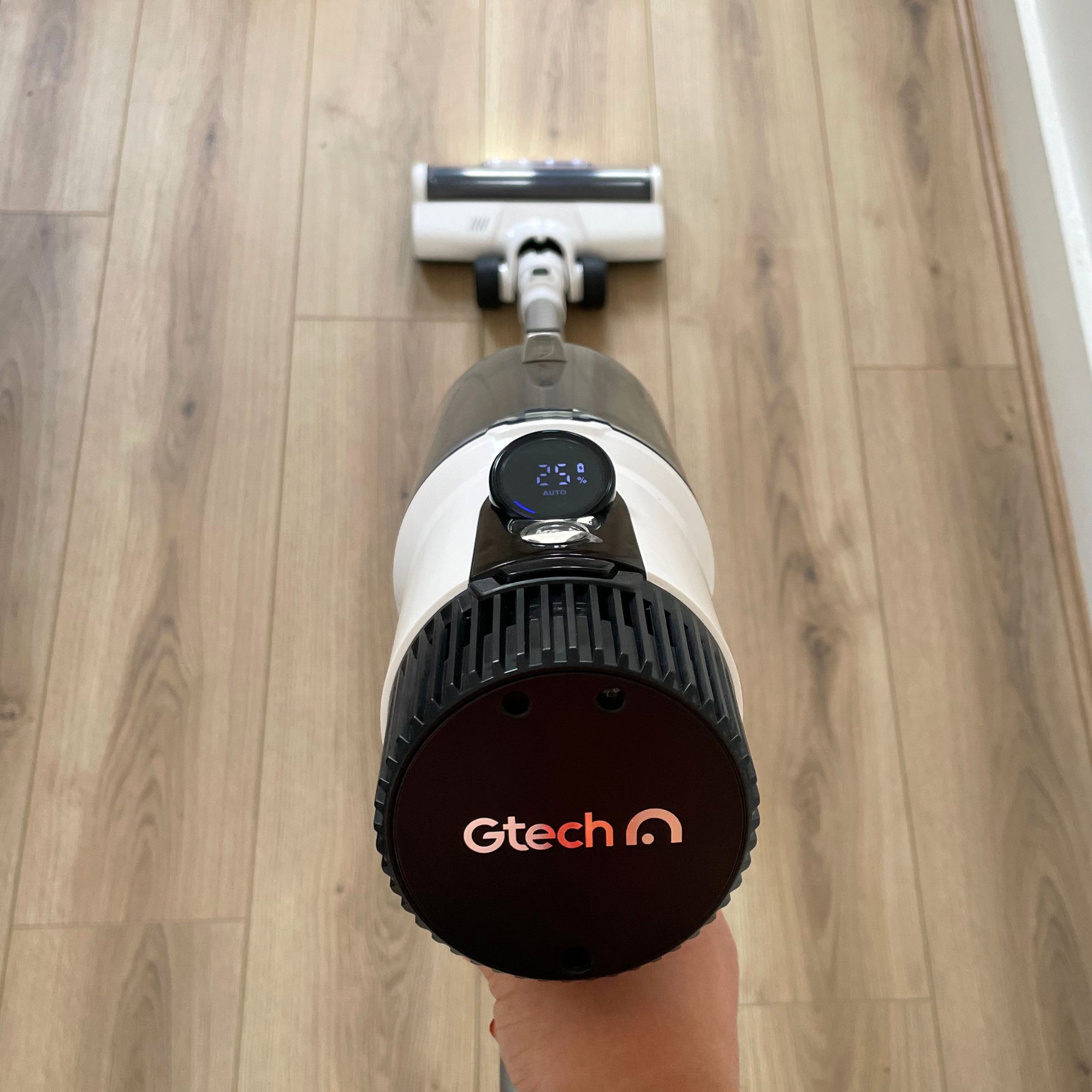
But that’s not all. It’s also important to note that the type of vacuum cleaner will also affect how long the vacuum cleaner lasts. This is especially true when it comes to upright vs stick vacuums and robot and the best handheld vacuums. In most cases, they should last for the following:
- Canister vacuums: Typically last 8–12 years because of their durable build and fewer moving parts.
- Upright vacuums: Last around 5–10 years depending on usage and maintenance.
- Stick vacuums: Usually last 2–5 years, especially cordless models that depend on rechargeable batteries.
- Robot vacuums: They have a shorter lifespan of 3–5 years, as their batteries degrade faster and parts may wear out sooner.
- Handheld vacuums: They also have a lifespan of around 3-5 years, depending on usage and how you look after it.
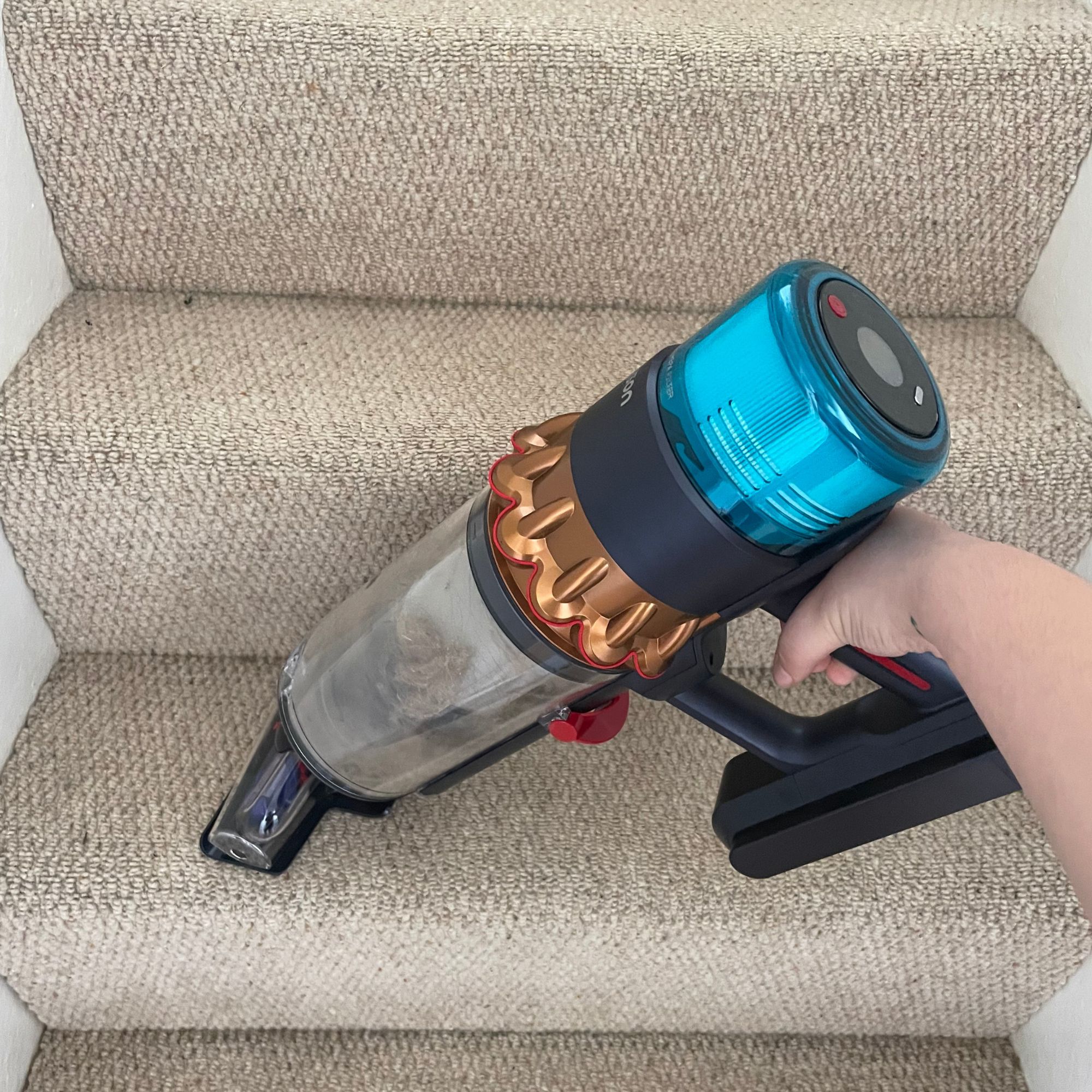
However, during a recent interview with Gtech’s founder Nick Grey, he told me that choosing a good-quality upright vacuum is your best port of call, as they should ‘clean your floors reliably for the next 20 years.’
But it’s worth noting that the above numbers are all speculation and based on averages, as the actual lifespan of a vacuum cleaner will depend entirely on multiple factors.
What affects the lifespan of a vacuum cleaner?
There are several factors that play into how long your vacuum cleaner will last. But, the good news is that you can prevent them from shortening the lifespan of your vacuum with a little care.
1. Frequency of use
Unsurprisingly, the lifespan of a vacuum cleaner first and foremost boils down to how often it's being used.
If you're vacuuming as often as you should be, it's normal for it to get some wear and tear – and a high quality vacuum should be able to withstand this and continually deliver on suction power and performance for years before giving in.
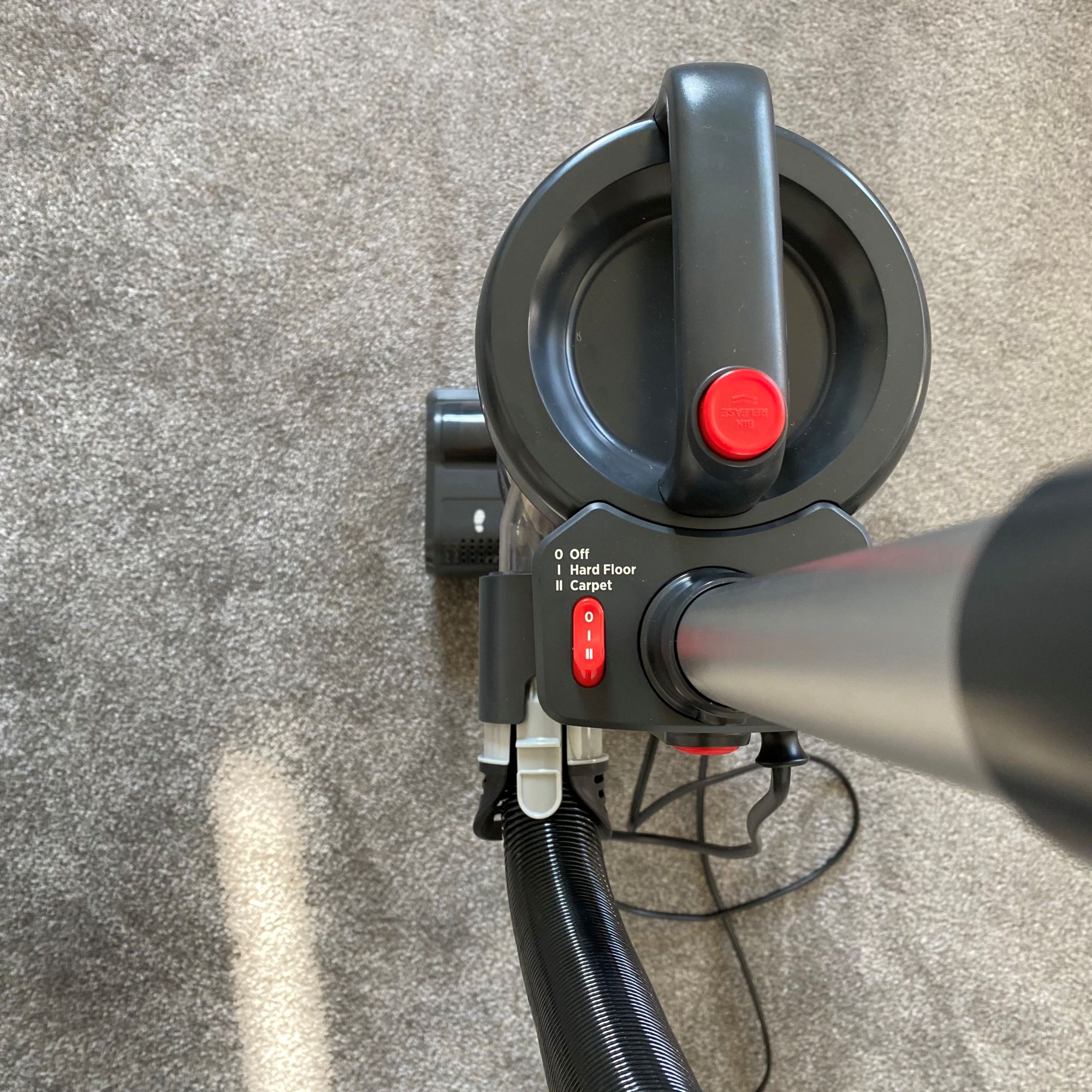
'For example, if a vacuum is used more frequently to clean a larger space, it may need replacing sooner than those that aren't as frequently used,' explains James Longley, managing director at Utility Bidder.
While this cannot be helped, opting for a vacuum that's equipped with the means to deal with high performance will get you a long way. It’s also worth understanding how to use a vacuum cleaner effectively, so you’re only ever doing what’s best for your home and appliance.
2. What you’re vacuuming
Another factor that will affect how long your vacuum cleaner lasts is what you’re vacuuming - as those who regularly vacuum pet hair or larger messes run the risk of damaging their appliance over time. This is especially true if you regularly suck up things you shouldn’t vacuum.
As Jade Gee, Senior Product Manager at floorcare experts at VAX explains, ‘To stay safe whilst vacuuming make sure you don't use the machine to pick up hot materials such as coals, cigarette butts, matches or smoking hot burning items.’
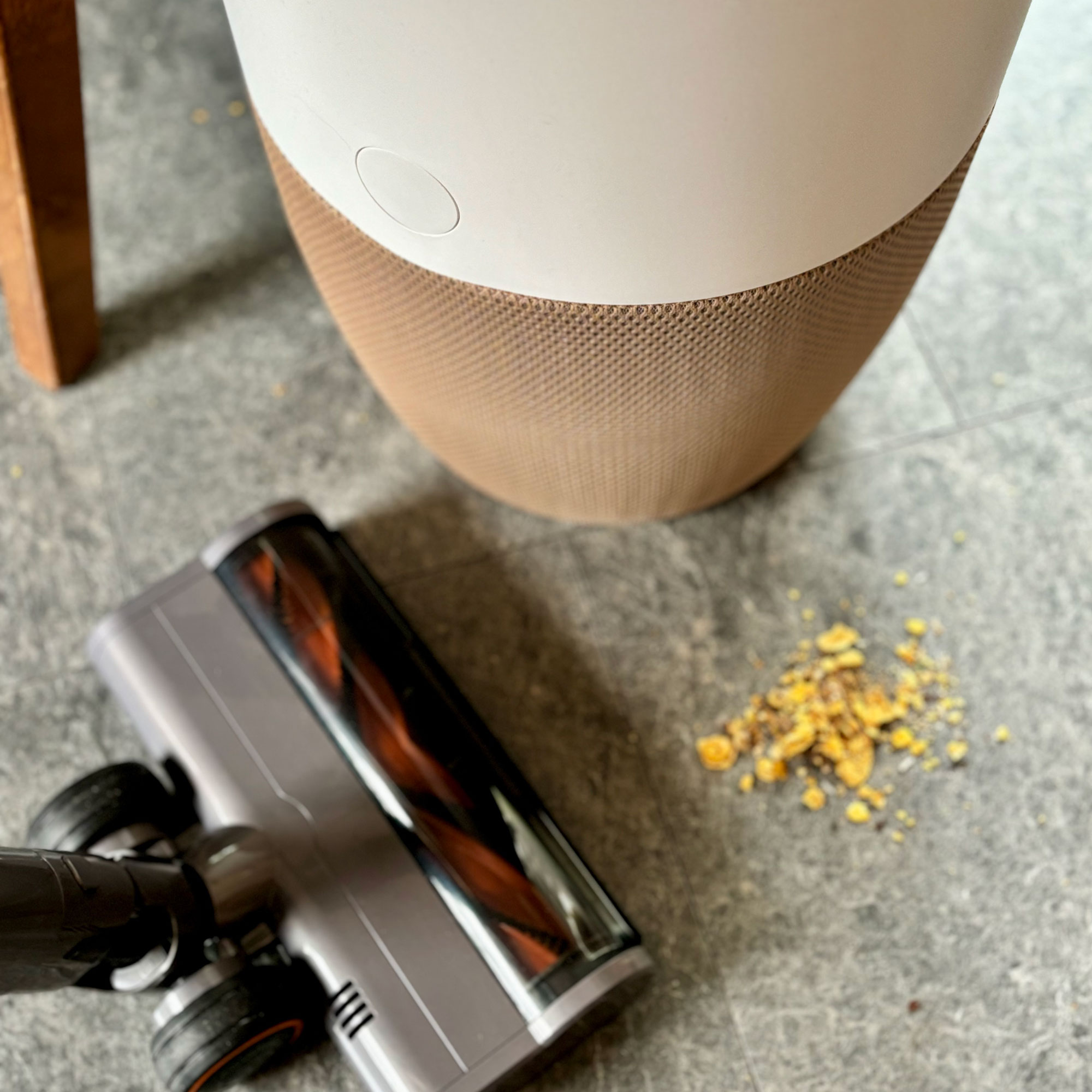
She adds, ‘You’ll also need to be careful of any sharp objects such as broken glass, needles or nails. These could pierce hoses or damage the vacuum internally. Larger items such as coins and marbles could also cause issues for your vacuum cleaner, including blocking air flow or damaging the brush roll on vacuums with a motorised floor head.’
Vacuuming up wet messes is also a quick way to reduce how long your vacuum cleaner lasts. And if you regularly need to vacuum up both wet and dry messes, it may be worth investing in one of the best vacuum mops to use alongside your vacuum cleaner. This way, you won’t run the risk of vacuuming up something that will affect the longevity of your appliance.
3. Maintenance
Proper maintenance is the key to getting the most out of your appliances and devices. Therefore, ensuring you're cleaning your vacuum cleaner is extremely important for increased longevity - and this isn’t just about unclogging a vacuum hose when you get something stuck.
'Regular cleaning of the filters and emptying the dust bag and canisters can benefit the machine. This is because if the vacuum has less debris in it, then it does not need to work as hard compared to when it is full,' says James.

In fact, during a recent interview with a Dyson engineer, he told me that one of the biggest Dyson problems you could encounter is not cleaning the filter or taking care of your appliance. And failing to do certain cleaning tasks can then cause a snowball effect that affects other areas of the vacuum cleaner.
For example, if you've been noticing that your vacuum smells, there's a chance a lack of maintenance is at play. Seeing as many vacuum cleaners aren't cheap, doing a routine check is always recommended to keep it at its working best.
4. Manufacturer and build quality
Another big factor riding on the lifespan of your vacuum cleaner is who the manufacturer is as 'the quality of the product can affect the lifespan,' says James. In today's market, there are a lot of top players and brands that have made a name for themselves as being high-quality, reliable vacuums.
While price doesn't always determine everything, a lot of the time you do get what you pay for. Therefore, wherever possible, we recommend doing as much research and looking at as many reviews as you can before buying a vacuum cleaner, and buying the best one that you can afford. Our guide on how to choose a vacuum cleaner should help you make the right decision.
Our edit of the most reliable vacuum cleaners
While we've tested a myriad of vacuum cleaners at Ideal Home, there are a lot of vacuums that we can definitely attest to for being reliable for standing the test of time. This includes brands such as Henry, Miele, Dyson, Shark, and Gtech; just to name a few.
The top dog in our vacuum guide and crowned the best Dyson vacuum cleaner we've tested (and we've tested almost all of them), this is actually the model I choose to use in my own home. It offers up to 70 minutes of run time and comes with a range of cleaning tools.
The Henry XL Plus is truly a powerhouse, and one of the best Henry vacuums you can buy. With a generous capacity, brilliant suction power, and an array of attachments, the XL Plus can easily be a one-stop shop for any cleaning task big or small.
Leaning towards one of the best Shark vacuums? This is my top choice, and it's perfect for those who don't want to waste time emptying their vacuum but still want to keep it in good working order. After all, it comes with an auto-empty dock.
FAQs
Do vacuum cleaners get weaker over time?
Yes, vacuum cleaners will get weaker over time - especially if they are cordless and rely on battery power. Internal components will also suffer from wear and tear over the years, which will affect the suction power and the overall running of the appliance.
However, certain factors will also speed up this degradation process, so it’s always a good idea to look after your vacuum cleaner and adhere to the manufacturer’s instructions at all times.
How long should a Dyson vacuum cleaner last?
Generally, you should expect a Dyson vacuum cleaner to last up to 10 years as these models are known for their high build-quality. But this will ultimately be dependent on how often you use it, what power mode you use it on (using the ‘Boost’ mode will result in quicker battery degradation), and how well you take care of it. It’s worth noting that all cordless and robot vacuums come with a two-year guarantee, however, and corded models come with a five-year guarantee.
Are vacuums worth repairing?
Ultimately, whether a vacuum is worth replacing depends entirely on what’s wrong with it. If it’s something simple like a clogged filter or dead battery, it’s well worth paying the small amount required to either buy the spare parts or have it fixed professionally.
However, if your vacuum cleaner is old and is suffering more serious problems, it’s probably not worth your time or money to repair your vacuum cleaner. It’s always worth getting a quote and checking out some vacuum cleaner deals, though.
So, on average, a well-maintained vacuum cleaner should last you around 10 years. Is that more or less than you thought?







